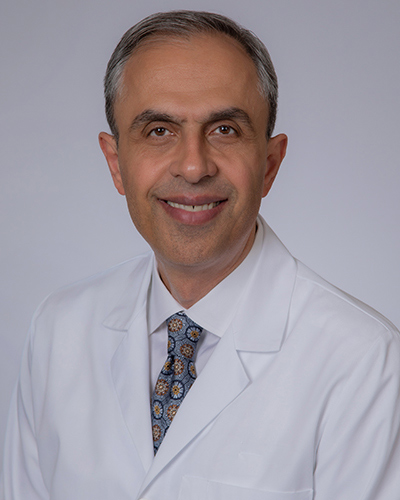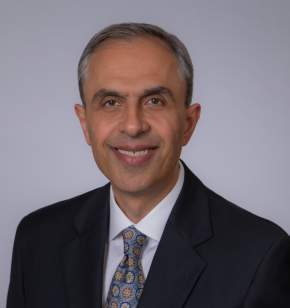Neurosurgical Oncology


What is the difference between a neurosurgeon and a neuro-oncologist?
A neurosurgeon specializes in the removal of all types of brain tumors and is skilled in the most advanced surgical techniques like brain tumor surgeon. A neuro-oncologist manages and coordinates the patient's ongoing treatment following surgery or biopsy, which can include radiation therapy as well as innovative treatments available through clinical trials.











